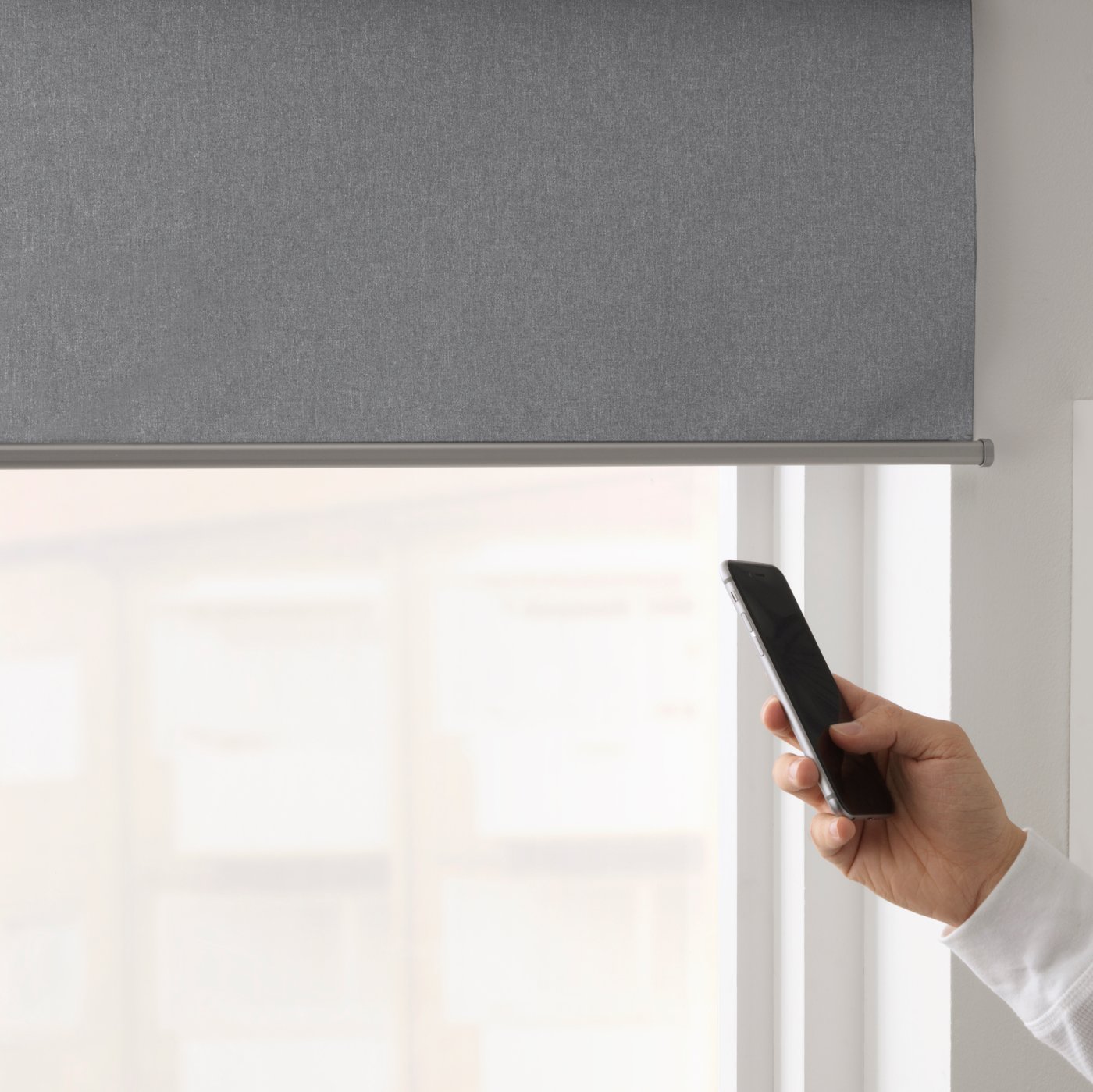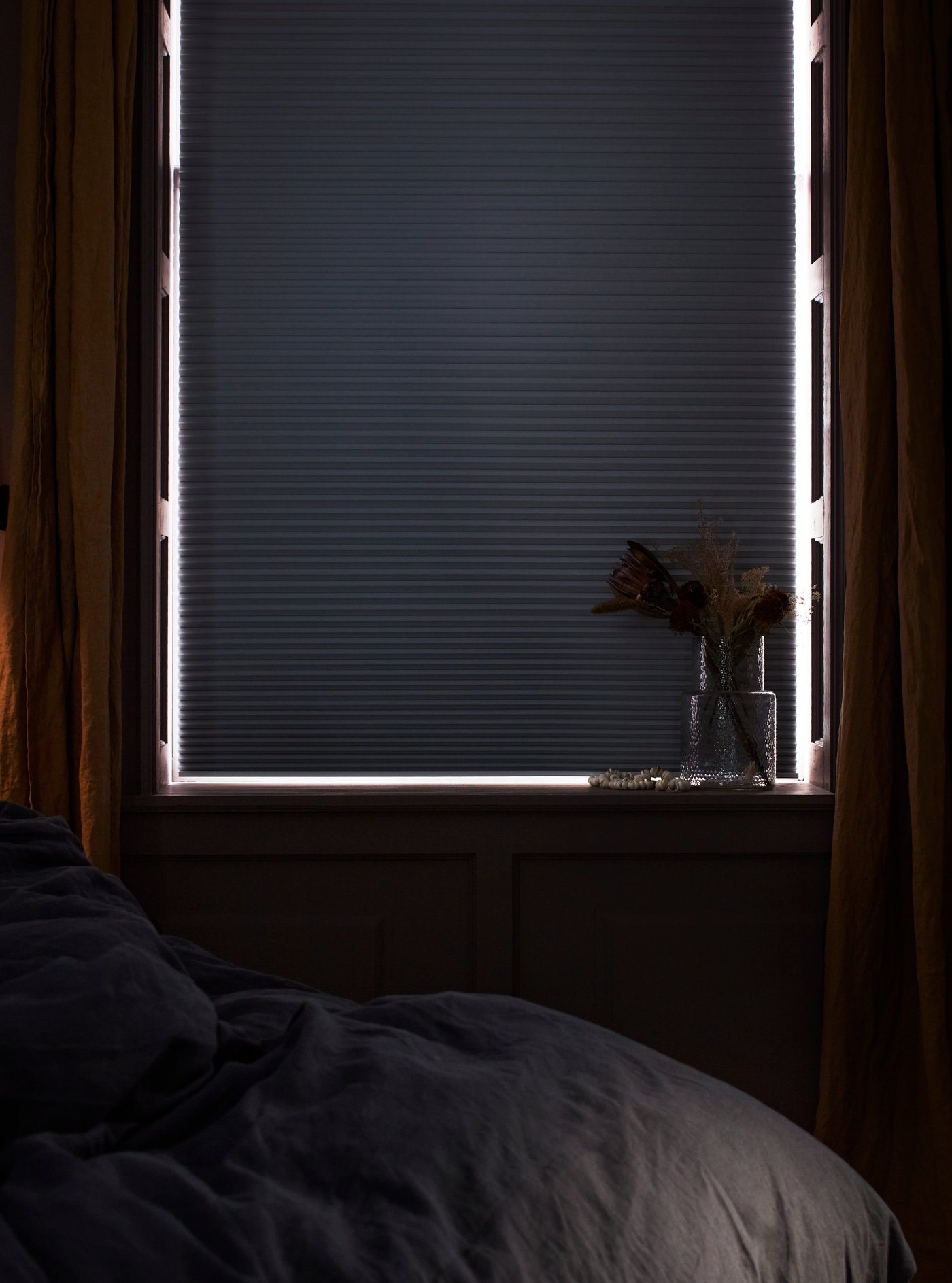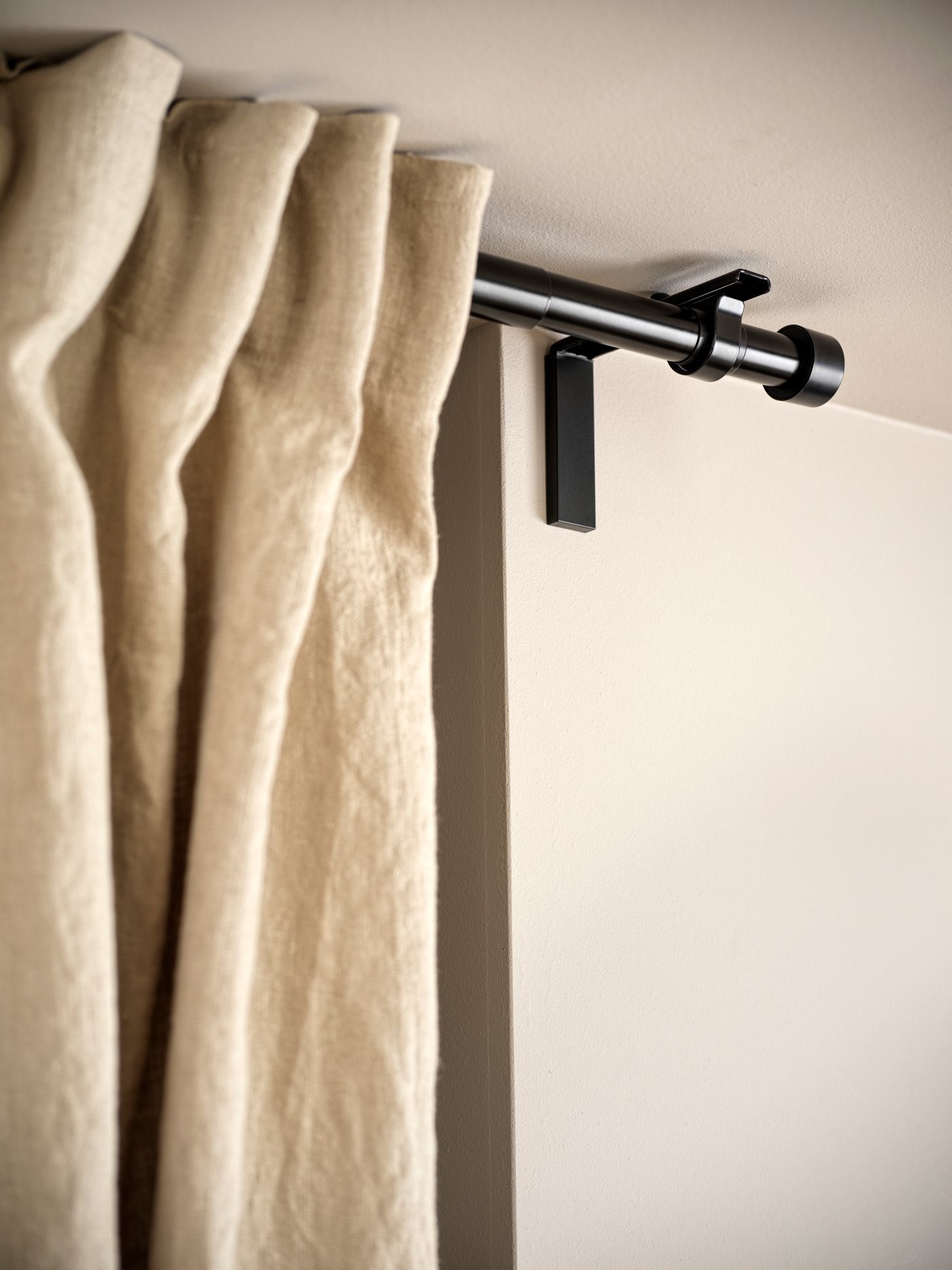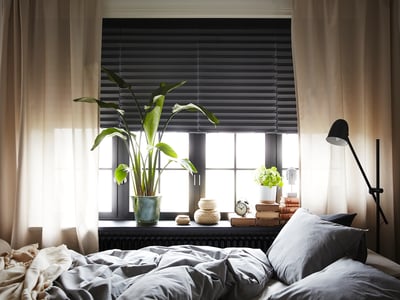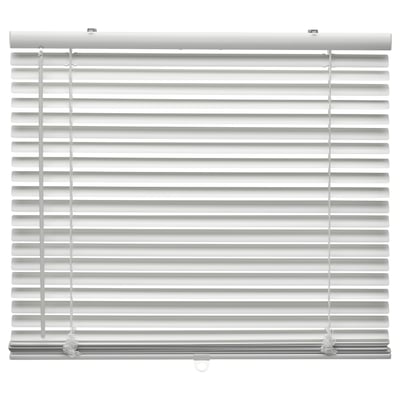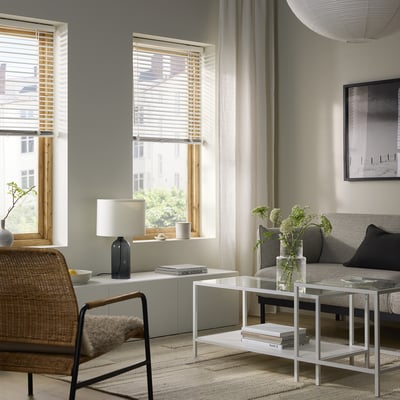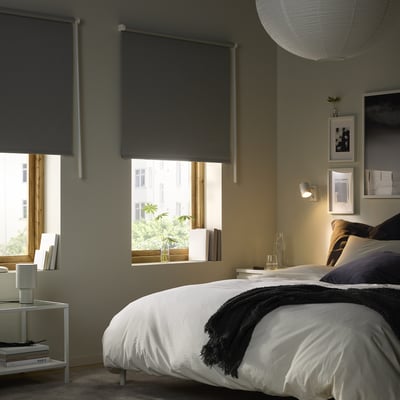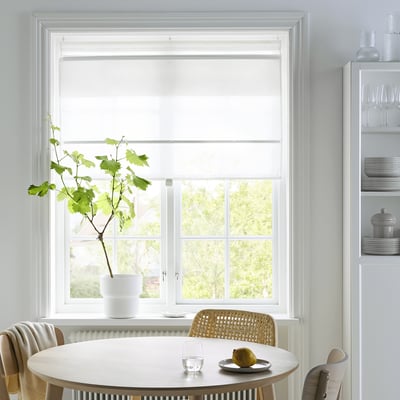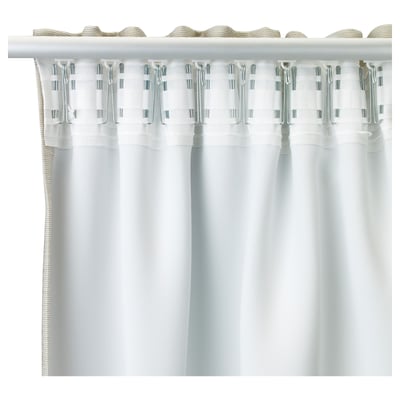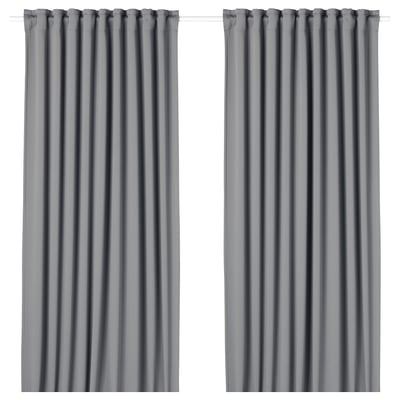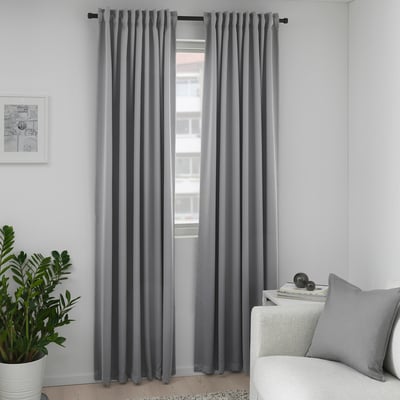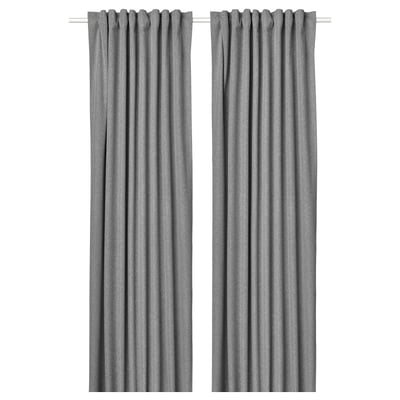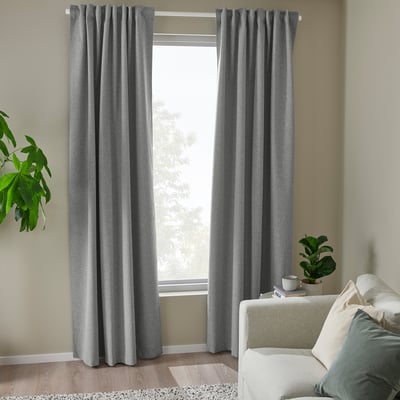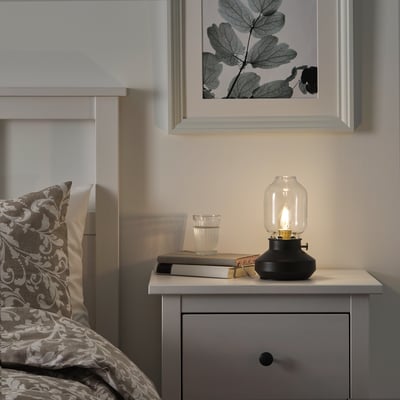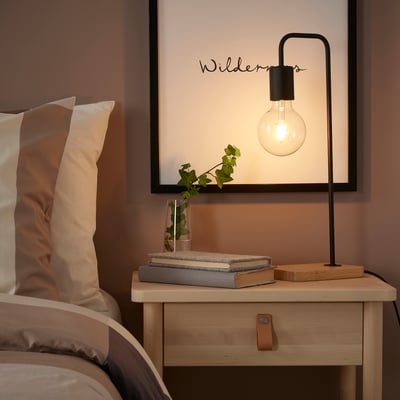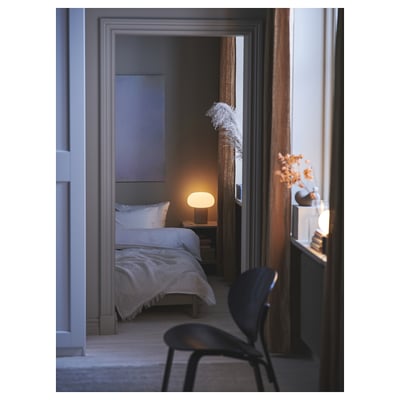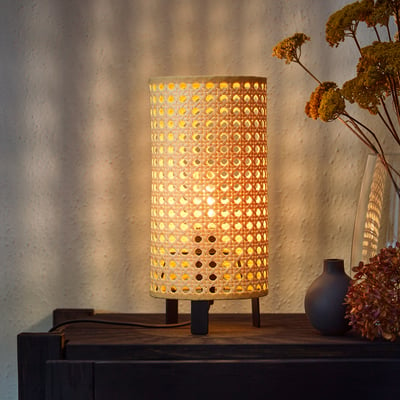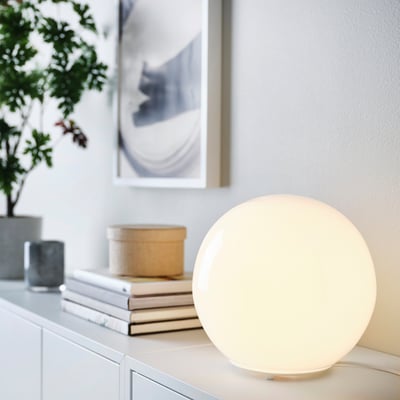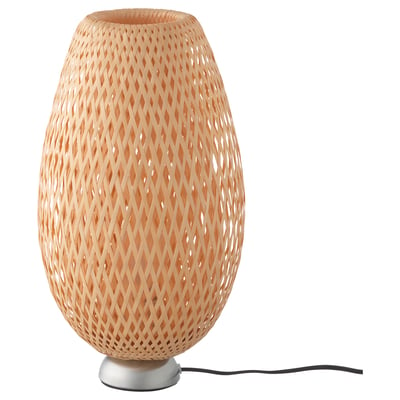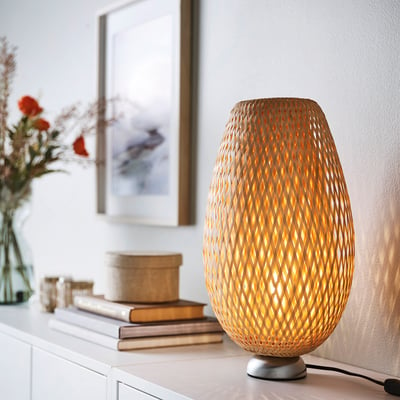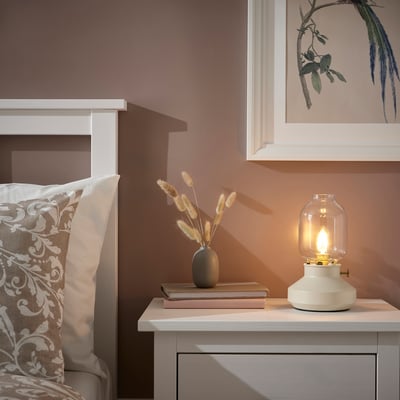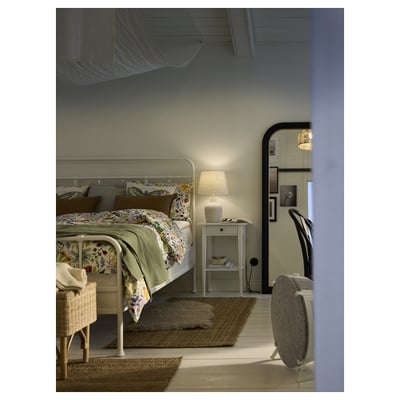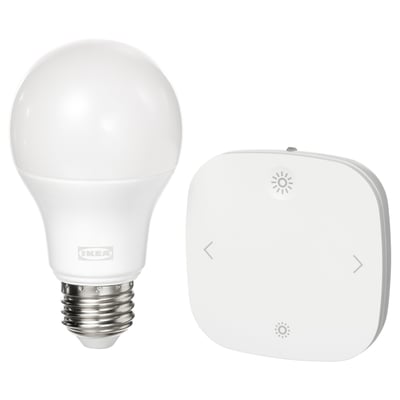Light
What light is best for sleep?
When it’s time to actually close your eyes for the night, many experts recommend that you sleep in as dark a room as possible. Too much exposure to light before or during sleep – whether coming in from an outdoor streetlight or the sun, your mobile phone or the overhead light you forgot to turn off – can crush your sweet dreams. A pitch dark room may not always be possible, but our blackout curtains and blinds can help in creating snooze-inducing darkness.
Even if you’re fortunate enough to be able to fall asleep just about anywhere, too much light can be negatively impacting your sleep. Both natural and artificial light can influence your circadian rhythm—your body’s 24-hour cycle of activity and rest. If you’re receiving too much light in the hours before and during sleep, your body can stay in an alert state instead of winding down for the day. Because different types of light can also inhibit your body’s natural production of the sleep-related hormone melatonin, you may find yourself still counting sheep long after your head hits the pillow after a too-bright night.
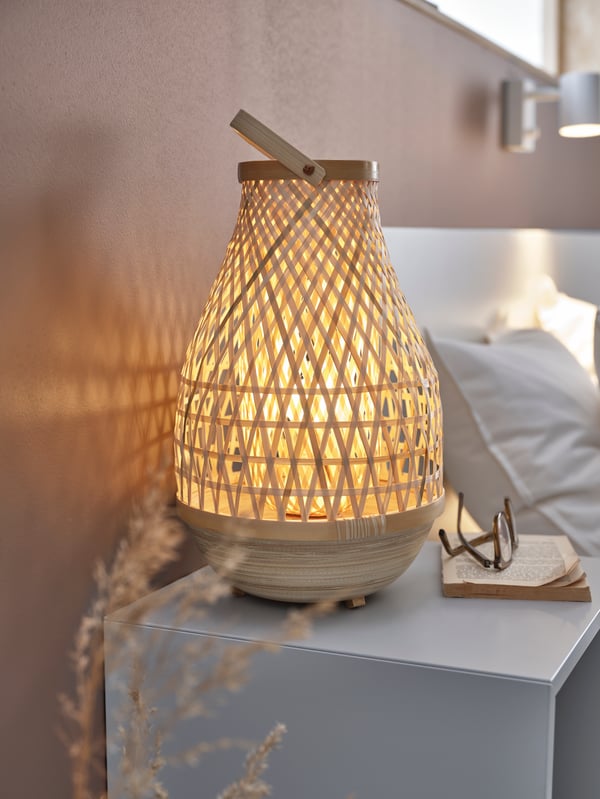
- Product information page
Bamboo beauty
The MISTERHULT lamp provides sustainable innovation with the benefit of bamboo beauty. By using what would be discarded bamboo leftovers, the bamboo enhances the expression of the lamp and provides a soft glowing light that gives your bedroom a warm and welcoming atmosphere. Each lamp is handwoven by skilled craftspeople which means, each one of our MISTERHULT lamps is completely unique!
Discover the six essentials contributing to a revitalising sleep
Consider investing in dimmable lamps and lighting that you can begin slowly dimming after the sun goes down, or in the hours leading up to bedtime. You can also reduce the total number of lights on in your house, or use lower intensity light sources in the evening.
Blue light from electronics, including mobile phones and televisions, is among the worst types of light to take in before sleep. Blue light inhibits your body’s ability to produce melatonin—a natural, sleep-promoting hormone. Resist the urge to check your email or social media ‘one last time’ before bed and see if your sleep benefits!
